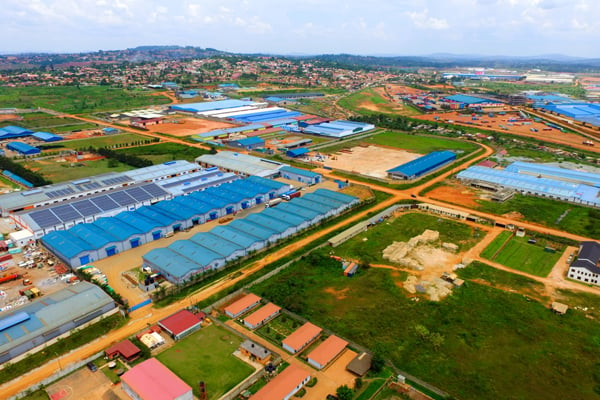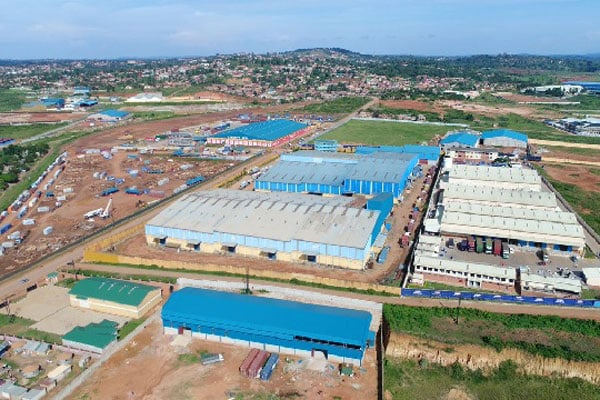Prime
Uganda registers increased demand in industrial spaces

The increased demand, according to Knight Frank, is being mitigated by establishment of more specialised free economic zones across Uganda. Photo / File
What you need to know:
- Knight Frank says that the increase in demand for industrial spaces has been driven by increased investment in agro-processing, energy, construction, cold storage, and technology
A Knight Frank report indicates that Uganda registered an increase in demand for industrial spaces in the first half of the 2023/24 financial year due to business growth and an improved economic outlook.
In details contained in the Africa Report 2024/25, a guide to real estate market performance and opportunities across the continent, Knight Frank indicates that the demand was largely driven by increased investment in agro-processing, energy, construction, cold storage, and technology.
The growth is also premised on expansion in gross domestic product, expected to reach 6 percent during the 2023/24 financial year, up from 5.2 percent in the previous financial year.
The report further notes that rent for industrial spaces remained stable, costing between $3 (Shs11,128) and $7 (Shs25,967) per square metres, depending on size and location, while spaces ranging between 300 and 1,000 square metres rose, driven by businesses connected to automotive, manufacturing, interior design, pest control, pharmaceuticals, and beverages.
The increase in demand has, however, been mitigated by government’s creation of more Special Economic Zones that continue to attract new occupiers.
The report notes that four new free economic zones, which are into mineral processing, agro-processing, and ship assembly, were established during the 2022/23 financial year, bringing the number of free zones to 35.
Industrialisation remains a key priority sector for government, which continues to offer several incentives to attract new investment.
Government has also established 27 industrial parks across the country to support Uganda’s industrialisation agenda.
Uganda Investment Authority chairman Morrison Rwakakamba, yesterday said they had seen an increase in inquiries for industrial land, with majority of investors seeking to secure land within Greater Kampala Metropolitan Area.
“95 percent of the applications we have received target Kampala Business Industrial Park [Namanve]. Yes, we have seen demand for land in our parks increase, which is good for the country because it shows investors want to invest here and add value to our raw materials,” he said.
The report further indicates that monthly prime rent rates for two-bedroom apartments in Kampala have grown by 4 percent over the last 12 months to $2,100, due in part, to rising demand from newly arrived expatriates, which has in turn, lifted average residential occupancy levels in Kampala to 84 percent, representing a 6 percent rise between the first half of 2022 and the first half of 2023.
The report also indicates an increase in demand for small offices, measuring 200 square metres, which account for 47 percent, while demand for larger offices measuring between 200 and 1,000 square metres, fell to 29 percent of all new demand in the first half of 2023.
Office vs retails
Knight Frank also indicates that Uganda has the highest office rent prices due to a boom in demand compared to other East African Community partner states.
Average monthly rent for office space in Kampala and Entebbe rose to $16.5 per square metre, against $15 in Tanzania and $13 in Kenya, due to rising occupancy levels.
The report notes that whereas Uganda has the highest rates for office space, Kenya’s $41 average for retail space in middle-class and suburban areas remains far above Uganda’s $25 and $18 in Tanzania.
However, Uganda leads in industrial office and warehouse rents at $7 per square metre, compared to $6 in Kenya and $5 in Tanzania.
In terms of average monthly lease rent for prime four-bedroom residential homes, Uganda was the lowest in EAC, at $2,000, against Kenya and Tanzania at $3,500 each.
Prevailing real estate rates for the other five EAC member states were not included in the report.





